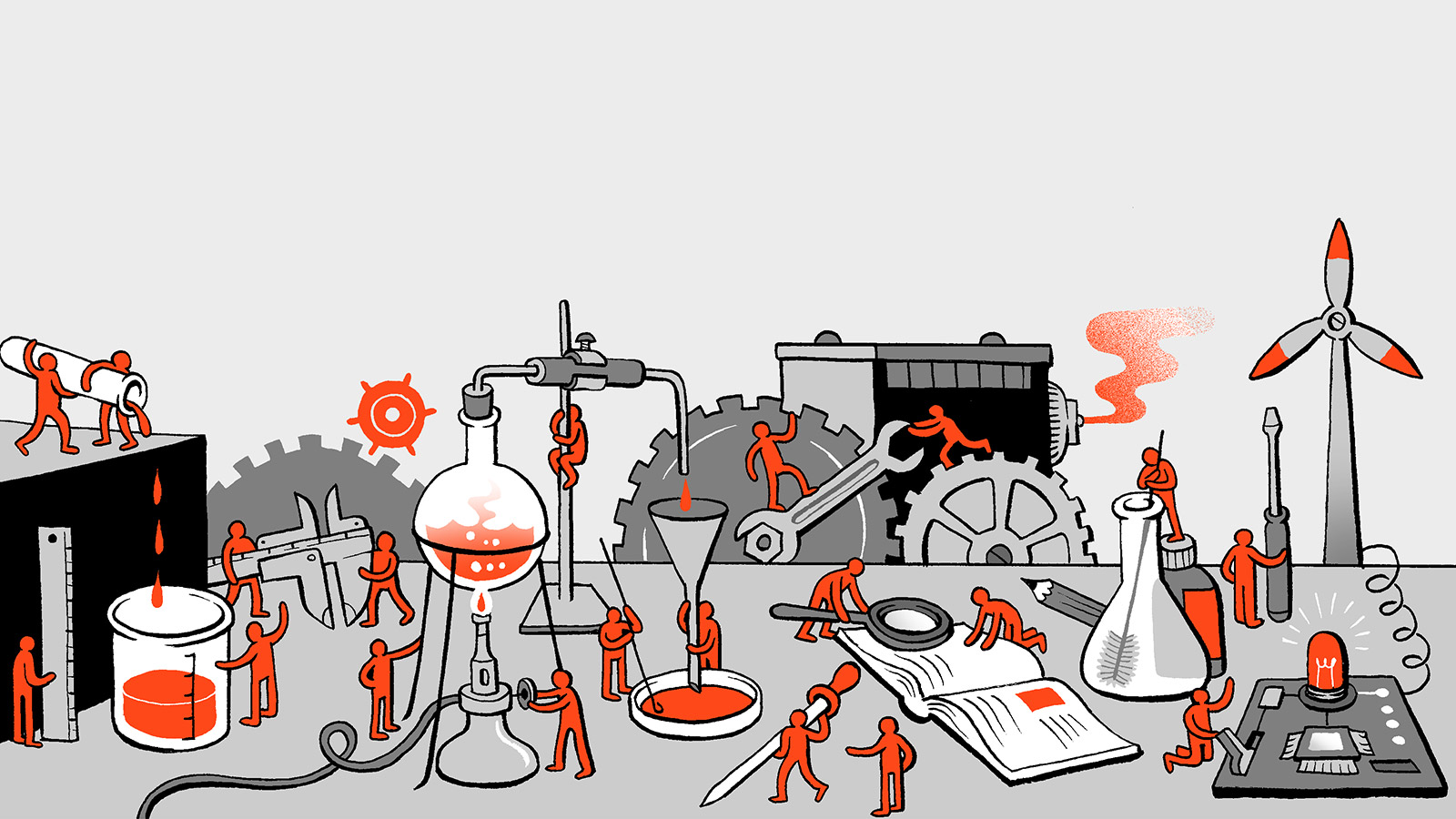I teach a Science and Society course at Somerville High School, a large working-class public school near Boston, where I have free reign over course content, but am constrained by an otherwise rigid structure, and the common problems of students who, because of the continual irrelevance of school to their lives, are...
Tag - science
On July 25, 1973, the Brazilian President General Medici approved the "Basic Plan for Scientific and Technological Development" for the period 1973/1974. According to the Minister of Planning, "the main task of the Plan (PBDCT) is to have modern science and technology serve Brazilian society, in its objectives of...
According to the authors, science in China is not viewed as the exclusive domain of those with highly specialized training, nor is it limited to advancing only profits as opposed to people. Rather, science is represented as "walking on two legs". Her ancient traditional knowledge together with advances made through...
The course began with an analysis of the institutional and conceptual foundation of physics today. In fact, since Al's first lecture came the day after the Attica massacre, it was devoted to how science and technology in this society provide methods for repression, control and murder. It was magnificently received.
This past year I have been part of a nine-member staff teaching a one year (three quarter) sequence in social science at the University of Chicago. About two hundred students registered for the course. They were divided up into sections of 25 each. The sections met for discussion three hours per week and all 200...
At the 16th Annual Meeting of the Biophysical Society in Toronto, Canada, February 24-27, attended by some 1200 scientists in the area of biophysics, biochemistry, biology and medically related disciplines, one of the special symposia of major significance was that on the Social Responsibility of Scientists.
From an historical point of view, the capitalist mode of production and distribution has led to the emergence of two characteristic types of political system: the liberal democracy exemplified by England and the United States of America on the one hand, and the repressive police state exemplified by Nazi Germany on...
In a country where over one half of the population are women, why are only 9% of chemists women? Why do women constitute only 4.2% of all physicists and 0.8% of all engineers? Are we dealing here with those mythical natural interests and capabilities of women? Is the reason irrational discrimination, or is it perhaps...
Last May, Arthur Galston and I spent two weeks in the Peoples Republic of China, visiting various scientific establishments, talking with Chinese scientists and seeing the country in general. We obtained visas to visit China at the Chinese embassy in Hanoi, where we had gone to exchange information with North...
Three years ago a few members of the American Physical Society startled their colleagues by wearing a lapel button which read "Science for the People". The reaction of some older established members was: "What do you mean- the people? Am I not the people too?" The question that I want to examine is how science relates...


